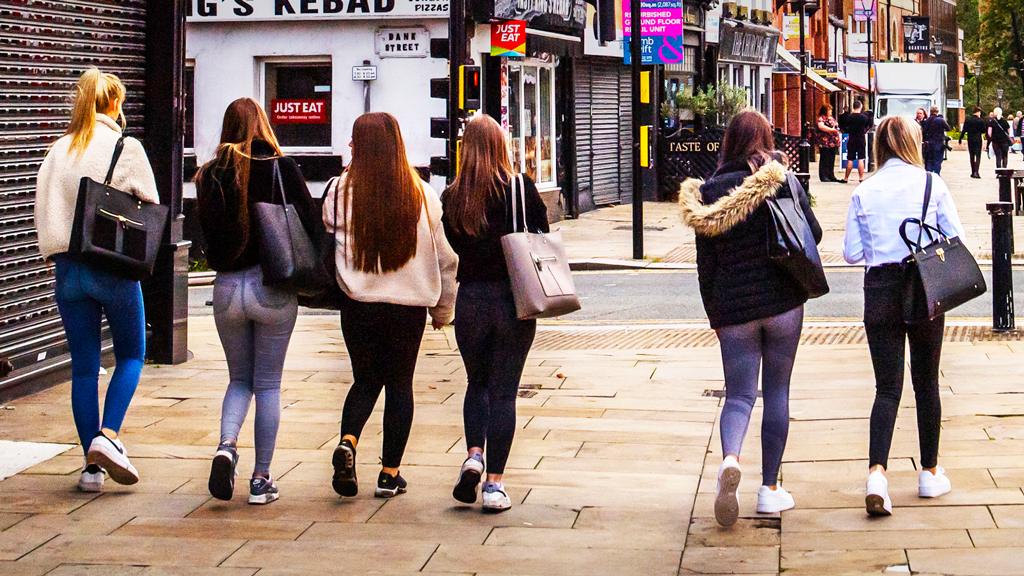Covid-19: Council leaders send Matt Hancock action plan
- Published
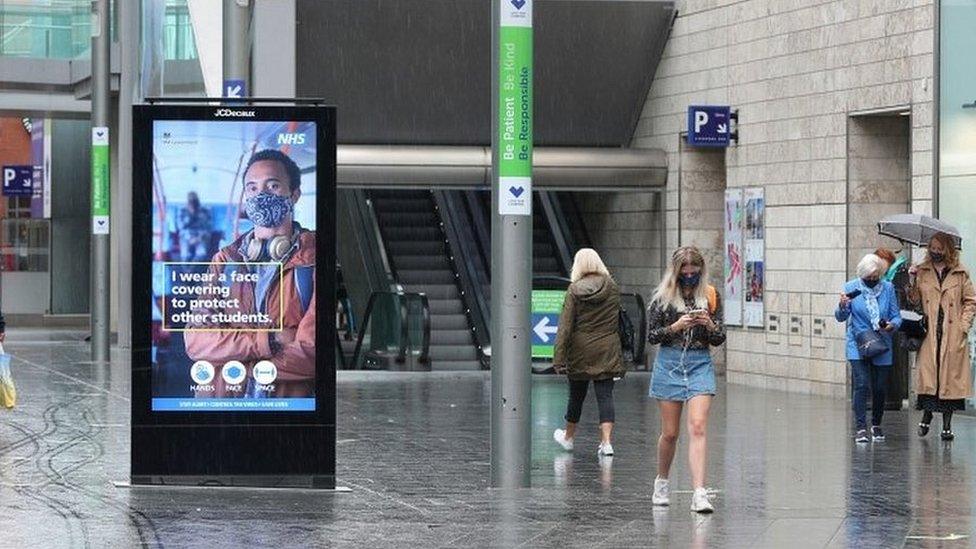
The government is yet to respond to the letter
Council bosses in cities hardest hit by Covid-19 have sent Health Secretary Matt Hancock a five-point plan "to improve" his response to the virus.
In a letter to Mr Hancock, the leaders of Labour councils in Manchester, Liverpool, Leeds and Newcastle said current restrictions are "not working".
The plan includes more local control in decision-making, better compensation for firms and no economic restrictions.
The government said it "works with local leaders on local interventions".
According to Public Health England data, Manchester had the highest rate of infections in England, at 495.6 cases per 100,000 people in the week to 1 October, followed by Liverpool with 456.4, while Newcastle and Leeds have also seen sharp rises.
'Extremely concerning rises'
The letter to Mr Hancock was signed by Sir Richard Leese, leader of Manchester City Council, Liverpool council leader Joe Anderson, Judith Blake, who is at the helm of Leeds City Council, and Nick Forbes, who is in charge of Newcastle City Council.
They said they were "extremely concerned" over the sharp rise in infections in their cities "and the national response" including the unreporting of 16,000 cases.

The five-point plan
Local decision making to agree to additional lockdowns before they happen and what measures are to be implemented, with extra powers to take immediate action on non-compliance such as closing premises and not to include further economic restrictions
A locally controlled test and trace system that is "sensitive" to the local needs of the community and includes a joint planning response with local universities to provide "effective support" to students as part of containment plans
An improved business compensation package to support those most affected "as our cities stand to lose tens of thousands of jobs"
Financial support for everyone who needs to self-isolate and payments "should recognise additional support needs in our cities with higher levels of deprivation and not be distributed on a per head of population"
Improved monitoring of the impacts of additional restrictions that have already been put in place to understand their effect on Covid-19 rates.

"The existing restrictions are not working, confusing for the public and some, like the 10pm rule, are counter-productive," the leaders said.
"It is critical to the future of our local - and therefore the nation's - economic wellbeing that we look to work together to deliver a joined up and effective response for our cities and the country".
A Department of Health and Social Care (DHSC) spokesperson said it "works closely with local leaders and public health teams to inform decisions on local interventions".
"NHS Test and Trace is processing tests at an unprecedented scale - over 240,000 a day on average over the last week - and we are working hand in hand with local authorities and public health teams to tackle the virus and trace anyone who may be at risk of spreading it to others."
They added it "recognised the financial burden" on people self-isolating, particularly those with low incomes, which is why it introduced the £500 Test and Trace support payment.

SOCIAL DISTANCING: How have rules on meeting friends changed?
TESTING: How do I get a virus test?
LOCAL LOCKDOWNS: What happens if you have one?
TEST AND TRACE: How does it work?

- Published6 October 2020
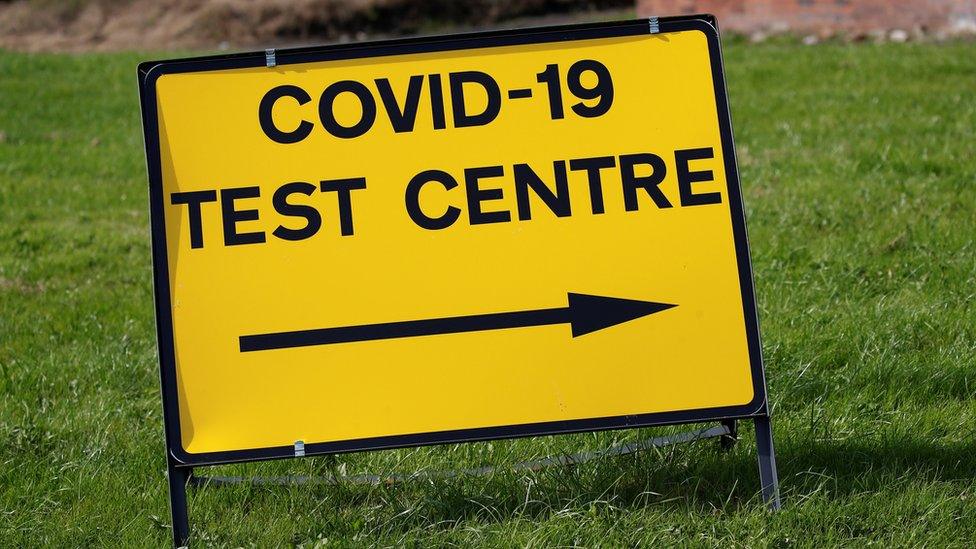
- Published5 October 2020
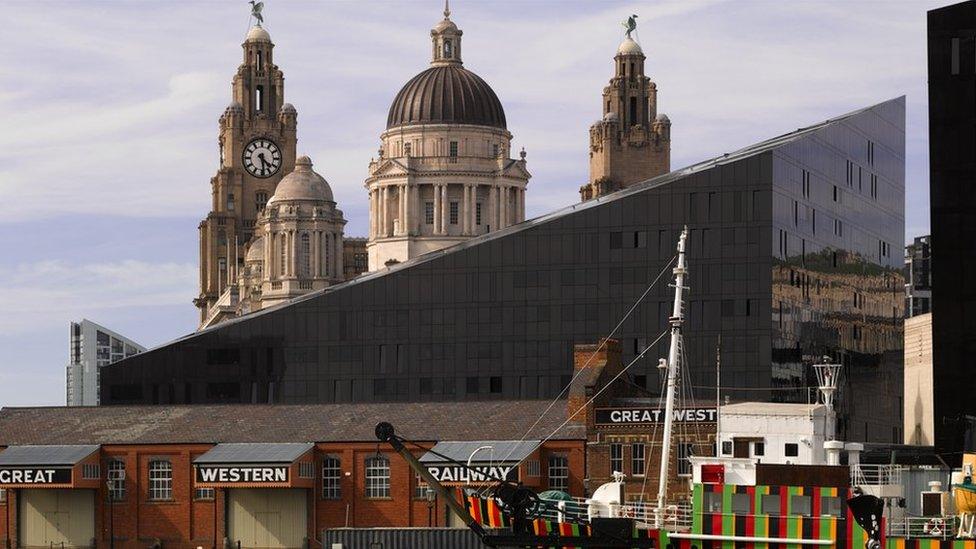
- Published4 October 2020
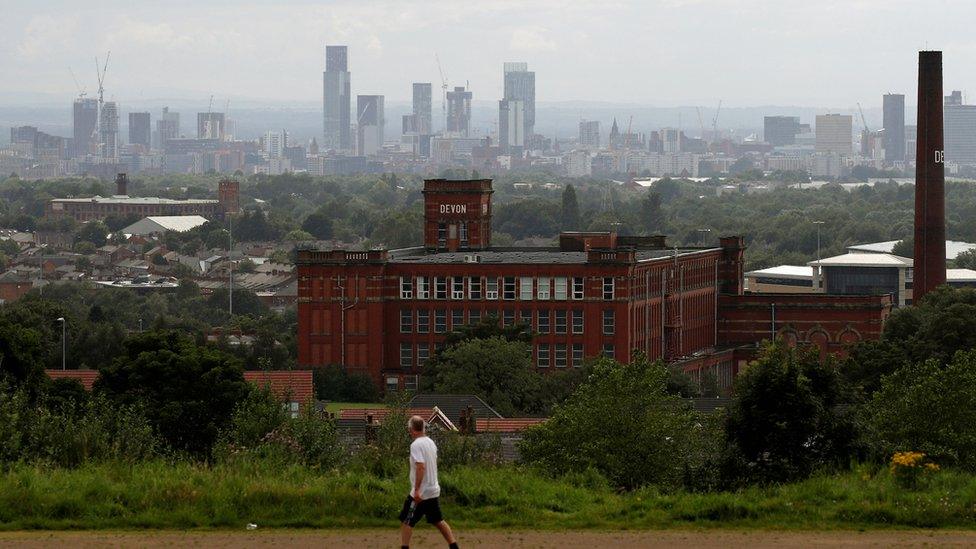
- Published1 October 2020
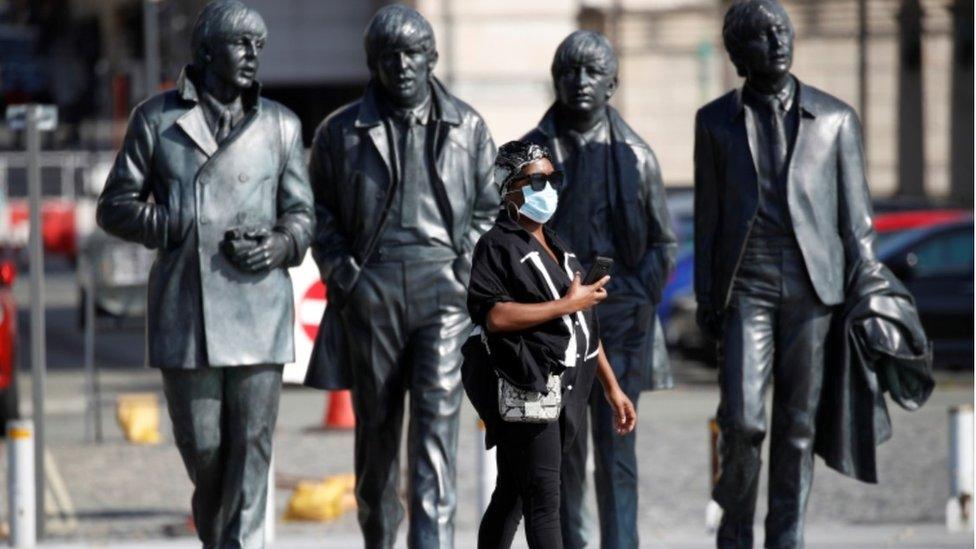
- Published28 September 2020

- Published25 September 2020
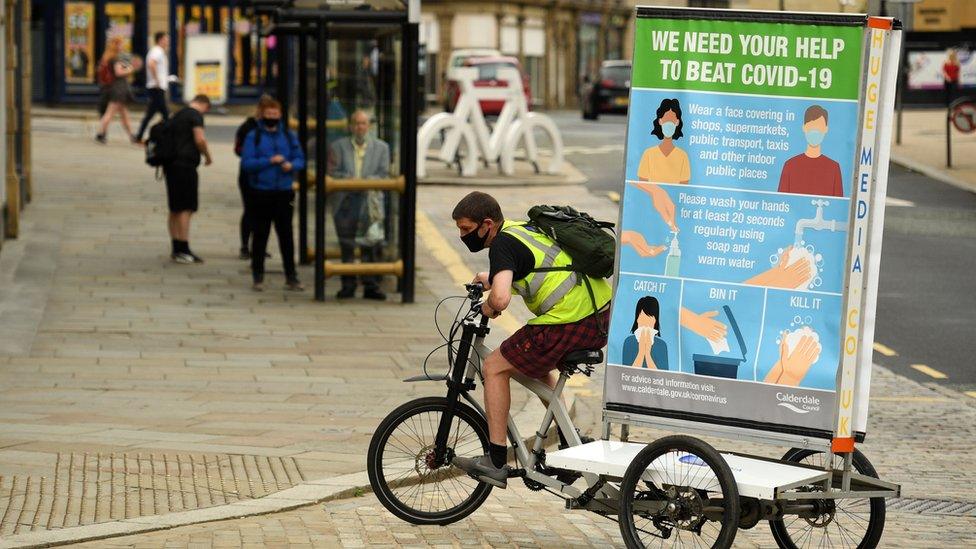
- Published17 September 2020

- Published8 October 2020
